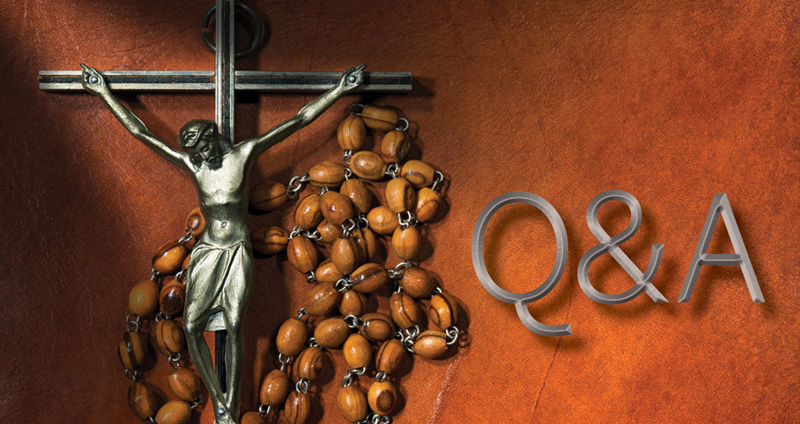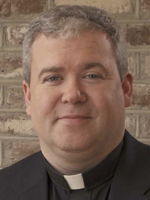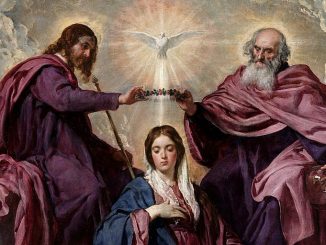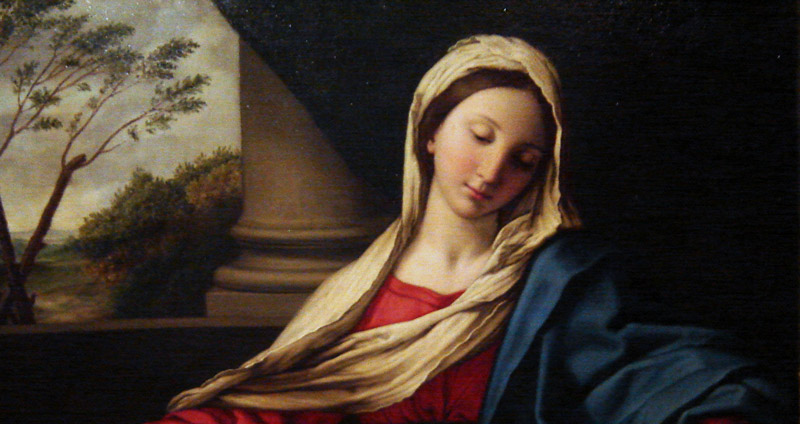
Q: Why is the Catholic Church competing with other religions in turning the Mass into a Broadway musical performance where everything is sung? (Columbia, SC)
A: Well, truth be told: if we were shooting for a Broadway musical, I think we’d be missing the mark most days! Have you heard Catholics trying to sing?
But jokes aside, the Church does not seek to imitate a Broadway production or any such thing. What the Church does attempt is to balance the worship of God with the understandable desire for the faithful to participate and to be encouraged in their discipleship by the Mass. Ideally, every Mass would provide both.
Finding this balance often involves blessings but also sometimes mistakes in one direction or another. And so, along the way, we’ve seen the Church adjust, expand, or suspend things in the Mass. This involves the singing.
Since ancient times, the Mass was intended to be sung. In the West, we stopped this practice for various reasons in different places. The Church prefers a sung Mass and now asks us to retrieve this custom, but she also allows for the non-sung Masses that many have become accustomed to in our culture. It would seem, therefore, that one task of a parish community would be to provide possible options of a sung Mass and a quiet Mass, but this is up to the local pastor.
Q: Why do we pray to Mary as “ever-virgin”? Where did this come from? Didn’t she have other children? (Camden, SC)
A: The title “ever-virgin” is an ancient designation for Mary and reflects the truth that her body carried the Son of God. Since her very body carried God, it was consecrated and therefore untouchable, and remained so even after the Lord’s birth.
This reality is compared to the reverence that was given to the Ark of the Covenant in the Old Testament. The ark carried God’s presence and was not touched by people (cf. 2 Sm 6:6-7), and even the Levites — those commissioned to care for God’s tabernacle — moved the ark with rods. The ark remained untouched. By application in the New Covenant, Mary’s earthly body was given this same honor since she also carried God’s presence.
Incidentally, this is an important context for us to understand Our Lady’s perpetual virginity. In contrast, the virginity of Mary is not necessary because somehow sexual activity is dirty or defiles a person’s sanctity or other such craziness. Oftentimes, this false explanation is given or is assumed by people and so the Church mistakenly appears to be anti-sex or anti-intimacy. In fact, the Church praises sexual activity. It teaches that sexual expression is not only healthy in a marriage but can actually add to the holiness of the spouses.
And so, by stressing Mary’s virginity, the Church is emphasizing the holiness of Jesus Christ. Our Lady’s ever-virginity stresses the inviolate nature of God’s holiness, so much so that her body remained untouched even after the birth of the Son of God. The body of Mary, therefore, remained a living witness to the glory she held and carried within her.
Father Jeffrey Kirby is administrator of St. Joseph Church in Chester and Our Lady of Grace Church in Lancaster. Email him your questions at askfrkirby@gmail.com.




